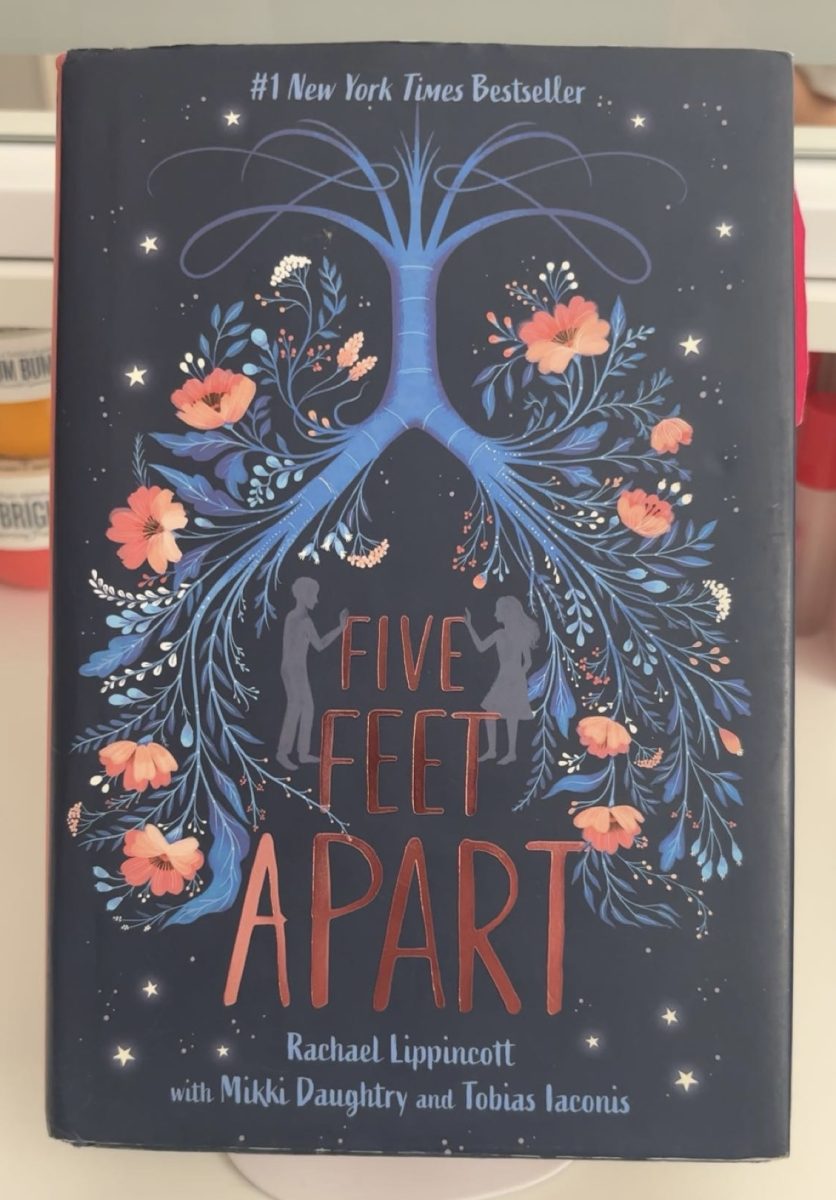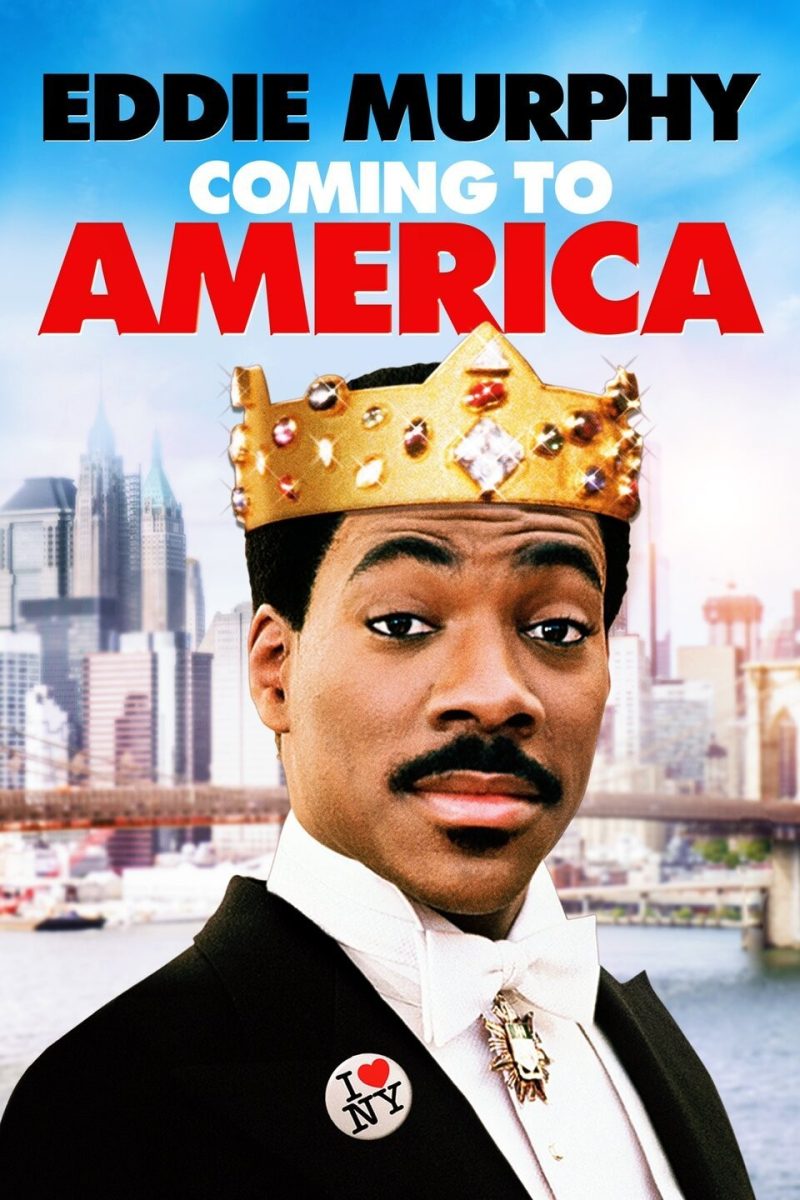The author of the Percy Jackson series brand new work has finally come out. After finishing the New York Times best selling series Percy Jackson and the Olympians, Rick Riordan went on to write The Kane Chronicles, which also later became a New York Times best selling series. Unlike the Percy Jackson series, the Kane Chronicles strayed out his Greek mythology tendencies and followed Egyptian mythology instead. Shortly after finishing the Kane series, Riordan began to start the next Percy Jackson adventure in the Heroes Of Olympus series which had finished up last year with his last book The Blood of Olympus.
This year, Riordan is taking it up a notch and once again, stepping out of his comfort zone which he has know for years. His new book Magnus Chase and the Gods of Asgard: The Sword Of Summer focuses more on Norse mythology, which is a rather tricky topic seeing as very little books are written on the subject due to its ability to be a rather violent subject.
Keeping on track with his past books, Riordan’s main character starts on the streets of the east coast. More specifically on the streets of Boston, alone, due to the loss of his mother earlier in his life and he had no idea who, or in his case, what his father was. So during this time, the character is homeless. Like his previous characters, Riordan gives his character friends who seem normal to the naked eye, but later reveal themselves as guardians to the main character, Magnus. Although he isn’t known for doing this very often, Riordan, in the very beginning of the book brings back an old character from the Percy Jackson series, Annabeth Chase. Although she does not play a huge role in the book, which would have been a nice touch, she does make an appearance in the beginning as Riordan had said and shown when he has leaked the first chapter of the book back in August. But as far as his series has gone, this would be the first time he had ever connected two characters of different myths by blood into two different stories.
Shortly after finding out his father is a God, Magnus battles an evil giant and is later killed and sent to Valhalla, Norse mythology’s equivalent to heaven where he waits, just like the other characters he meets, for doomsday where he, and the other beings in Valhalla, will fight in the name of the Norse gods.
Although the book is full of action and adventure, the series of events that take place in the book can be easily confused. In the book, the characters tend to hop from scene to scene rather quickly and that can be a bit of a headache. Although with the change in scenes, names tend to also be hard to gather. Even though the author had a glossary in the back of the book explaining what each god, villain, and place is in in the back of the book , pages 493-499 specifically, pronunciation can be difficult when talking to a friend about the book because you can’t say some of the names.



















